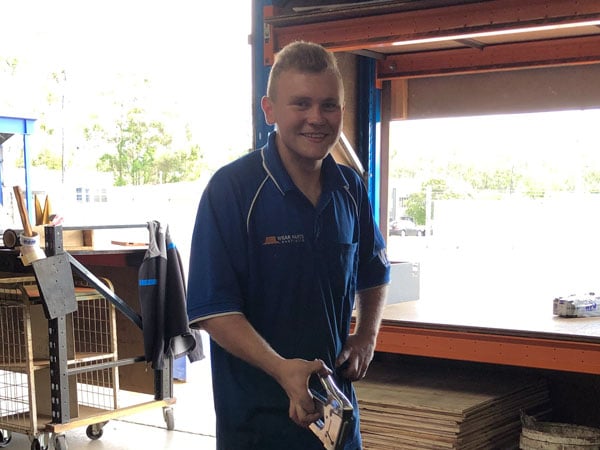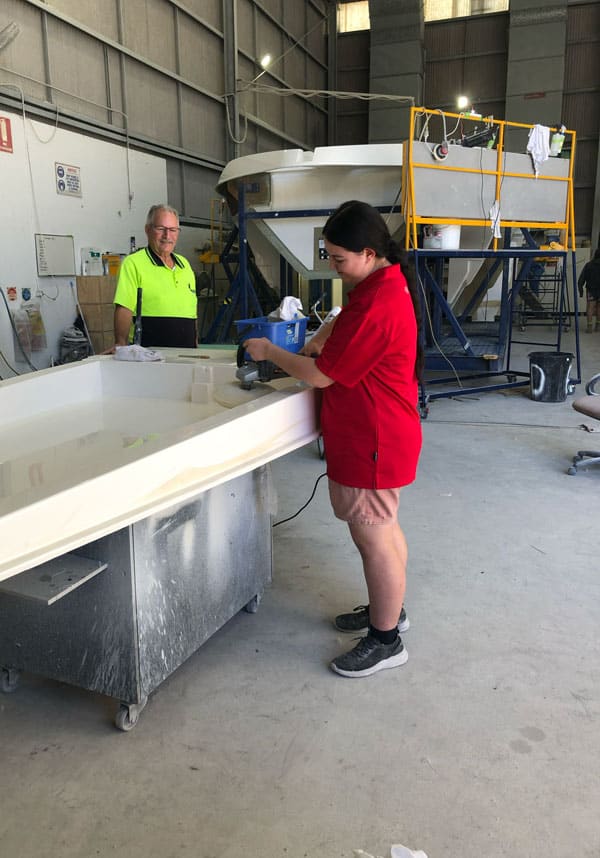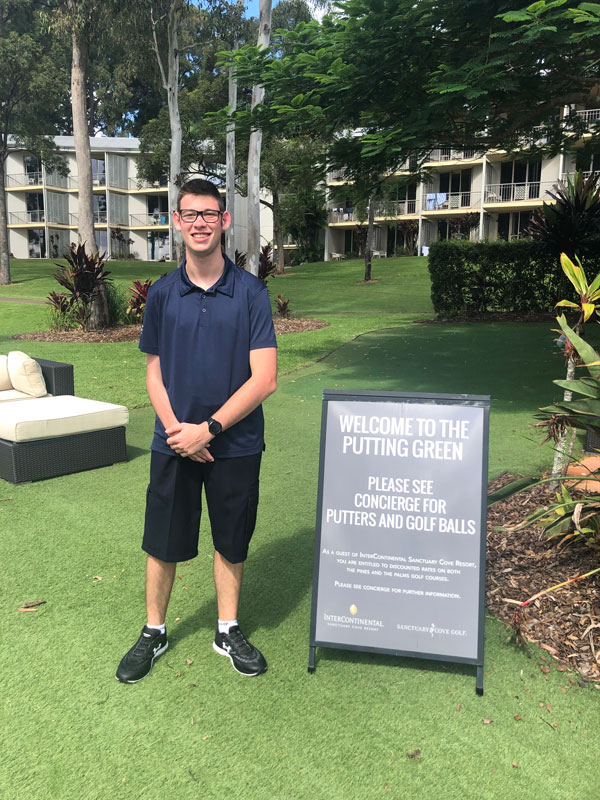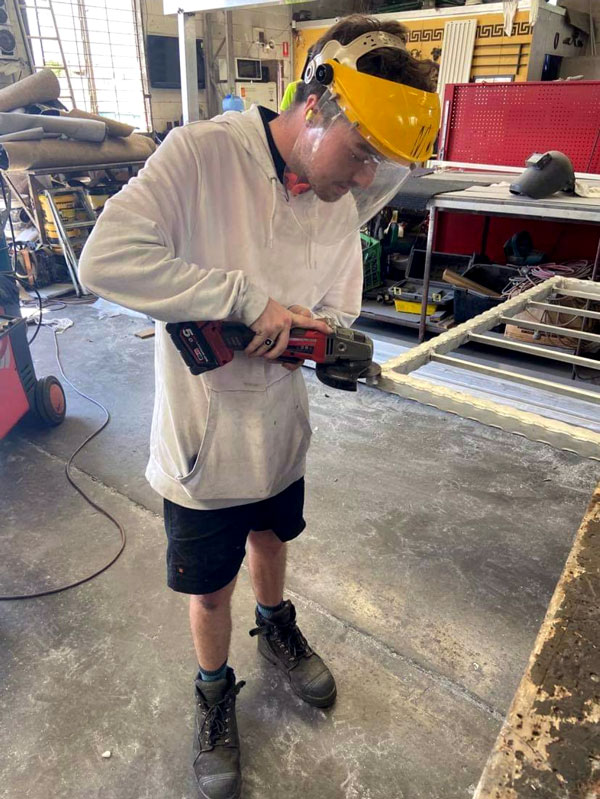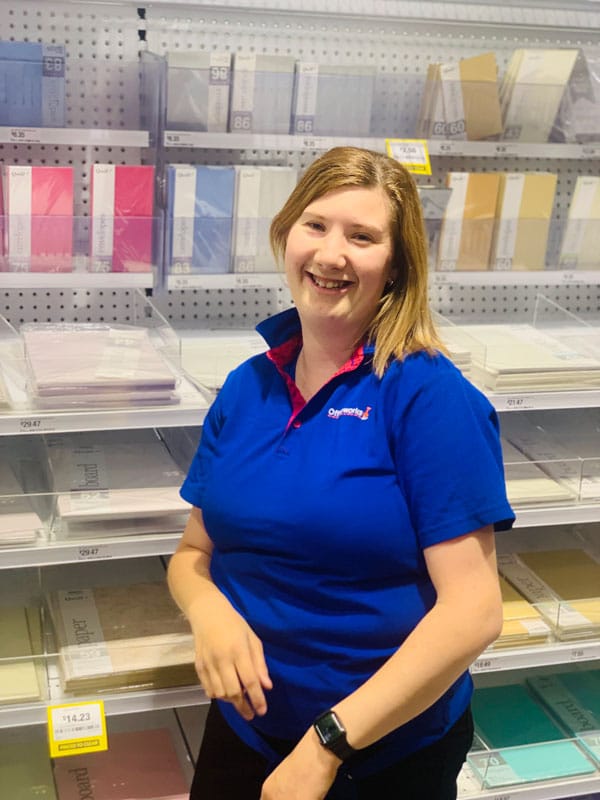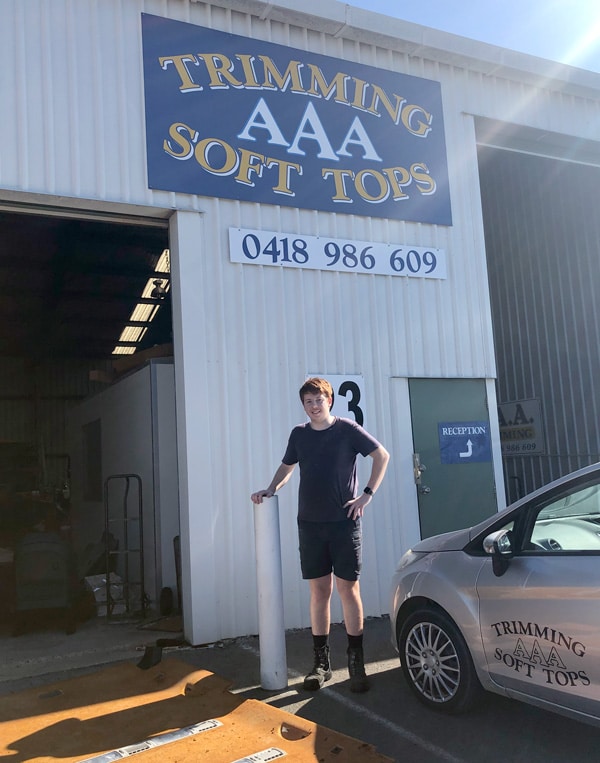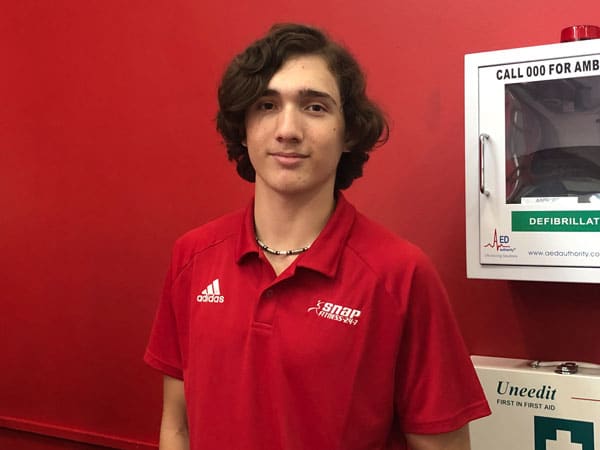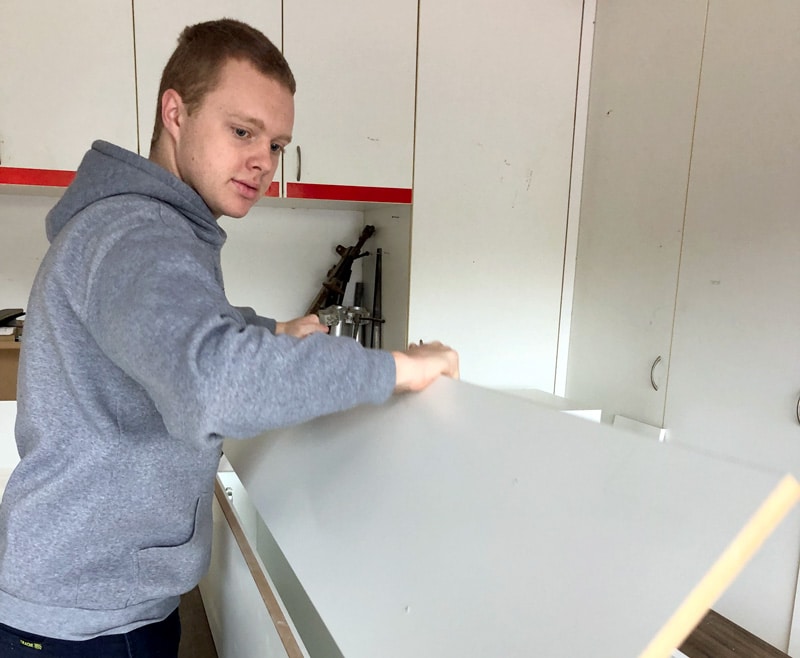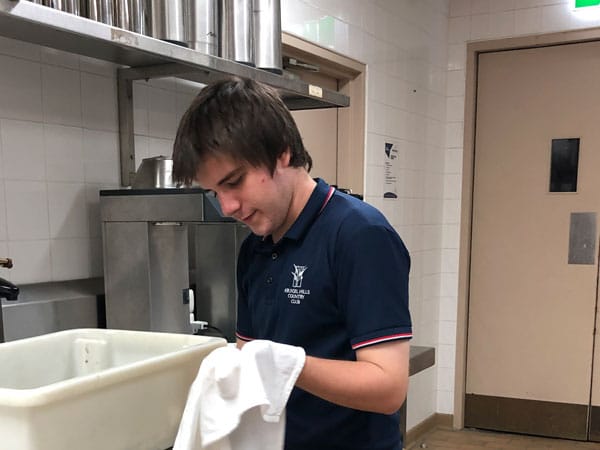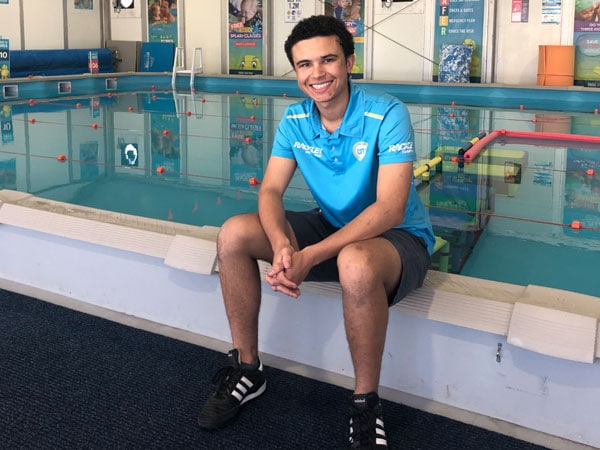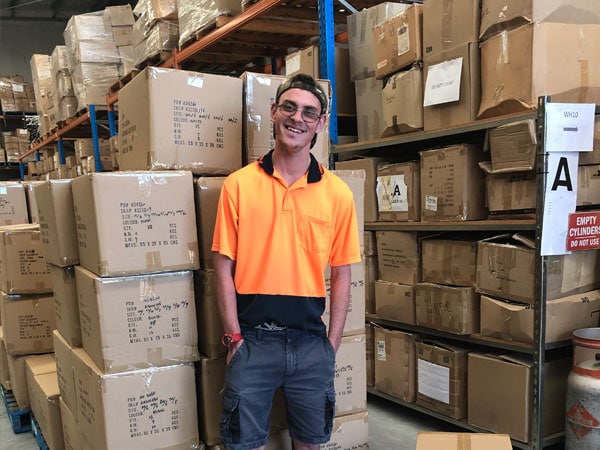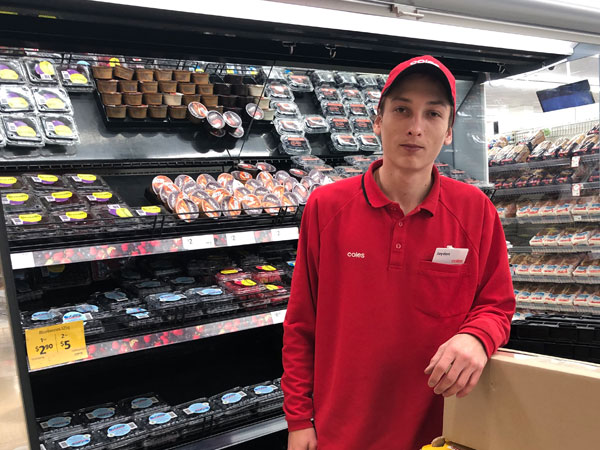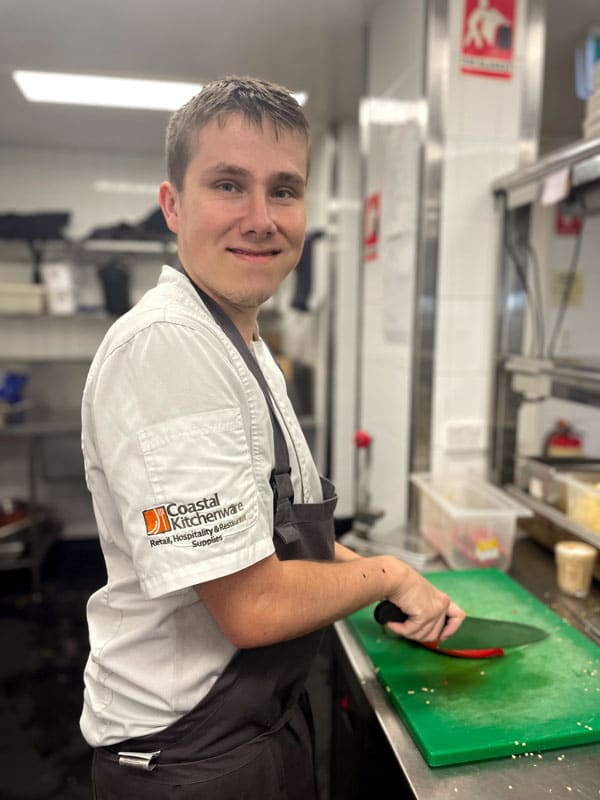Assistance Dogs Australia is an amazing organisation that helps to provide assistance dogs to those in need. They use Dogtober to raise the much needed funds required to run this program. See below for information on what they do and some real-life inspirational stories from their website.
Training an Assistance Dog – From Pup To Pro (Assistance Dogs Australia)
Source: https://www.assistancedogs.org.au/about-us/training-an-assistance-dog/
All our Super Pups are carefully chosen for their health and temperament. Once selected, the puppy will begin its Assistance Dog journey at the age of eight weeks old. Over the next two years, our expert trainers invest hundreds of hours into transforming each puppy into a fully-qualified Assistance Dog.
The L-plate stage (2–12 months)
The ‘L’ doesn’t stand for ‘little’! The crucial first year of a puppy’s life is all about learning — learning basic skills, learning to be a confident, well-socialised dog who is not readily distracted, learning to feel loved. This basic training takes place in a home environment with one of our volunteers. We call these very special people, Puppy Educators, and without them, quite simply, we couldn’t do what we do.
Puppy Educators play one of the most important roles in training an Assistance Dog. They selflessly donate their home and their time to help raise a well-mannered pup who has been exposed to as many different sights, sounds and smells as possible and who will grow into a well-adjusted adult that relates well to other dogs, other animals and people. Together with lots of socialising with other dogs, this includes taking the pup on all modes of public transport and teaching him/her to remain focused on their training in busy community areas such as shopping centres.
Supported by our dedicated Puppy Educator Supervisors in Sydney, Melbourne and Brisbane, who run regular puppy training classes and are always a phone call, text or email away, volunteer Puppy Educators ensure their puppy grows into a healthy, happy dog that is eager to learn. Regular home visits also take place to assist with the progress and development of each puppy. Very importantly, all food and vet bills are covered by Assistance Dogs Australia.
P-plate learning (12–18/24 months)
After 12-18 months with their Puppy Educator, the Assistance Pups-in-training graduate to wearing their P plate jacket and begin their Advanced training at our National Training School near Sydney. This is where our qualified Instructors build on the dog’s basic skills to add more complex commands.
During their P-plate training, the dogs learn all the different skills that they will need to help their future client with everyday life. The training for each dog is carefully tailored to their personality, learning style and then, ultimately, the type of person that they will be matched with. Our team of expert trainers are continually assessing each dog throughout this stage as to what type of client they could best be paired with.
For example, clients in wheelchairs will require a dog who can retrieve dropped items, open and close doors, and push the button at pedestrian crossings. For someone with post-traumatic stress disorder, the dog will be trained to recognise signals of anxiety, wake them up from night terrors and stay focused from distraction. Trainers will spend several hours a day training each dog in Advanced skills, while the rest of the day is spent walking and exploring new surroundings to practise those skills.
On weekends, our Advanced dogs enjoy some well-deserved downtime and the all-important experience of family life in the home of one of our volunteers.
Creating a new team
When a potential match has been made with someone on our waiting list, we will spend time getting to know the new client, helping them adjust to having an Assistance Dog and providing them with all the training skills they need to handle their new dog. Regular check-ups and training classes take place in the first three months.
Once the new team are settled and working together, Assistance Dogs Australia staff will visit on — at least — an annual basis to conduct a Public Access Test. However, our team of Assistance Dog trainers continue to support each client and are always on-call to help with training or questions for the remaining eight-10 years of the dogs working life. We develop close, ongoing relationships with almost all our clients, with the dog’s welfare always remaining paramount.
Lifetime
Our dogs work with their clients for eight–10 years before they retire. At this point, the client will decide whether they require another Assistance Dog. We always ensure our retiring Assistance Dogs are happy in a loving home, and find that they usually stay with family members or with a friend of the client.
If you would like to support Assistance Dogs Australia in the work they do, you can visit their website for more information – https://www.assistancedogs.org.au/support-us/
Real Life Stories – Assistance Dogs
For more stories, visit https://www.assistancedogs.org.au/about-us/studies/.

